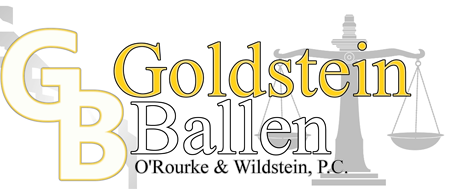Although certain disabilities can prevent some people from performing physical labor, that doesn’t mean they can’t find another job that they can still do. Many companies nowadays welcome people with partial disabilities for as long as their medical conditions don’t affect their capability to work.
But what happens if a worker with a preexisting disability gets injured during their current job and becomes permanently disabled? Can workers’ compensation cover for their injuries and wage loss?
While not exactly a type of insurance like workers’ compensation, New Jersey has a Second Injury Fund (SIF) that can provide compensation to workers in this circumstance. How does it work and how can a worker file to claim SIF benefits?
The state pays SIF benefits
The SIF is administered by New Jersey’s Division of Workers’ Compensation. It was created to help encourage employers to hire people with partial disabilities. The SIF only assumes responsibility for the employee’s continuing benefits. This means that the employer or its insurer is still responsible for covering the injured employee’s medical expenses.
SIF payments start after the workers’ compensation payments from the employer or its insurer have ended. It can’t pay for an employee’s medical benefits and only provides benefits for permanent total disability.
Filing a claim
Unlike a regular workers’ compensation claim, which can be immediately approved, a claim for SIF benefits must first go through a settlement conference. A compensation judge will preside over the conference, which the employee and employer (or their representatives) must attend.
Once the employee submits a verified petition for a claim, it first goes through the judge. The judge will only schedule a hearing if they find the following criteria:
- A work-related accident left a partially disabled employee totally and permanently disabled.
- The total and permanent disability results from the damage sustained during the last compensable work injury and the employee’s preexisting conditions.
While the court decides whether the employee receives SIF benefits, the employer should start paying the worker for permanent total disability benefits.
Preparing for the settlement conference
Even if a judge schedules a hearing over a worker’s SIF claim, there’s no guarantee they will approve the request. The employer might also try to contest the claim during the conference. Workers should consider legal counsel before applying for SIF benefits to confirm their disability is coverable.

